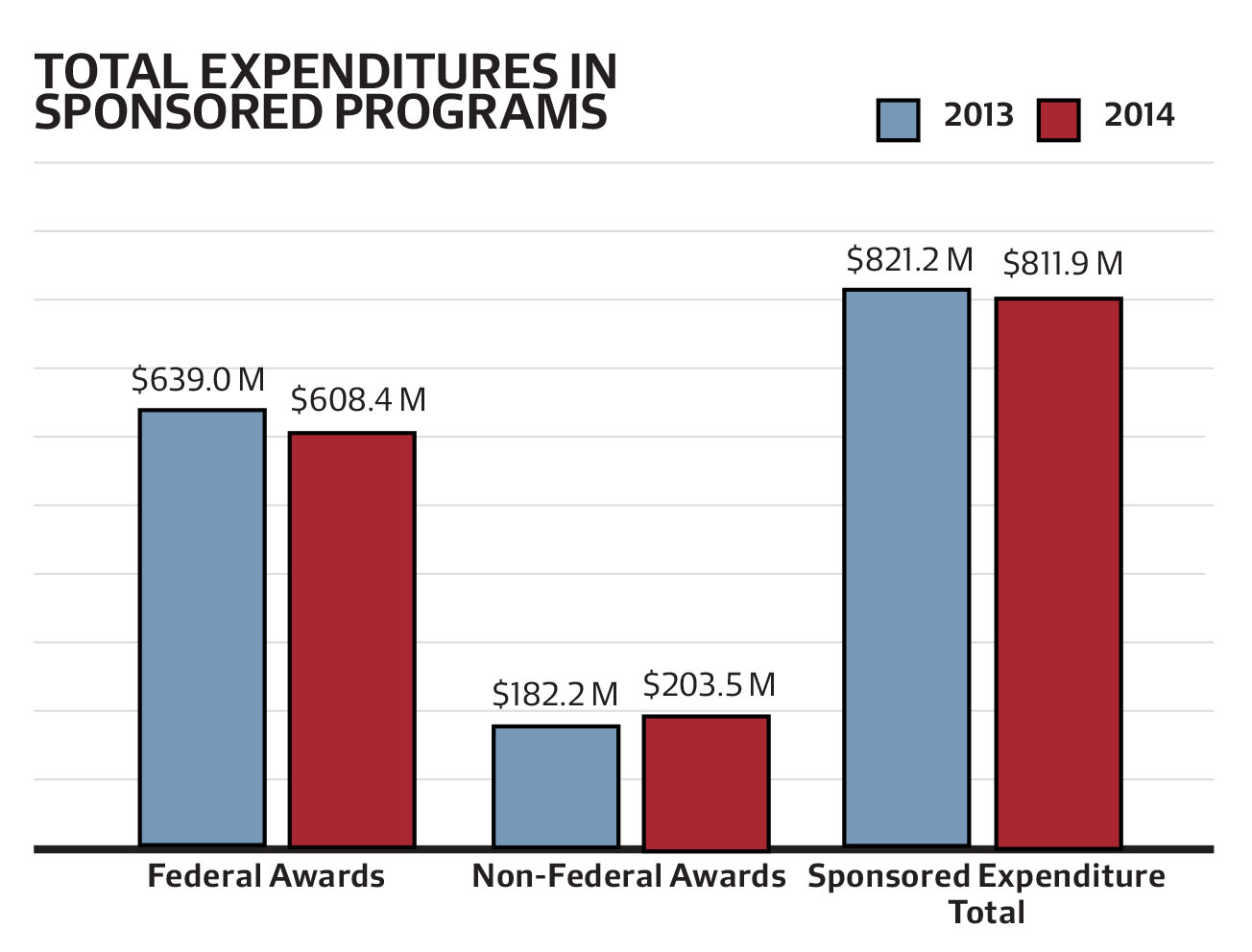
Harvard Research Funding Crisis Impacts Innovation Projects
Harvard Research Funding Crisis has sent waves of concern throughout the academic community, particularly as it jeopardizes pivotal projects in innovation and biomedicine. The sudden halt in funding, a direct result of the Trump administration’s decisions, has shaken the foundations of scientific research at Harvard University, where initiatives like organ-on-a-chip technology are at risk. Don Ingber, the acclaimed director at the Wyss Institute for Biologically Inspired Engineering, has voiced alarm about the implications for talented researchers and the future of groundbreaking studies. With over $19 million in contracts now frozen, the stakes are high, not only for funding but for continuing America’s legacy of scientific advancement. As the university navigates legal battles to recover its funding, the urgency to resolve this crisis has never been more pronounced, as the future of countless research projects and their contributions to global health hang in the balance.
In recent times, a significant turmoil has emerged in the realm of research funding at one of the world’s leading institutions, often referred to as the Harvard funding debacle. This troubling scenario not only threatens the projects led by prominent scientists like Don Ingber but also raises alarms about the overall sustainability of innovation within the academic landscape. The freeze imposed on vital financial resources, notably affecting technologies such as organ-on-a-chip systems, underscores a broader crisis in scientific research financing. The repercussions of these policy changes, largely influenced by governmental shifts, have ignited a flurry of concern among researchers and students alike, who dread the potential loss of their work and career opportunities. As Harvard strives to regain its footing amid these challenges, the importance of reinstating reliable funding to nourish the scientific community cannot be overstated.
The Harvard Research Funding Crisis: Historical Context and Its Implications
The Harvard Research Funding Crisis is a pivotal issue threatening the very foundation of scientific innovation at one of the world’s leading research universities. Harvard University has long been characterized by its robust financial support for groundbreaking research initiatives, particularly in fields such as biotechnology and engineering. However, recent governmental actions, particularly during the Trump administration, have disrupted this long-standing tradition. A stop-work order issued by the administration placed significant projects, such as those involving organ-on-a-chip technology, on hold, creating an atmosphere of uncertainty for researchers and students alike.
This crisis highlights the delicate relationship between governmental policies and academic research funding. The Trump administration’s demand for changes in governance and oversight at Harvard University not only sets a precedent for governmental overreach but also threatens to dismantle the cooperative framework that has historically driven scientific progress. As Don Ingber, director of the Wyss Institute, elucidates, the halt in funding could jeopardize not just ongoing projects but also the careers and aspirations of many talented researchers who rely on this vital resource.
Frequently Asked Questions
What led to the Harvard Research Funding Crisis under the Trump administration?
The Harvard Research Funding Crisis emerged after the Trump administration issued a stop-work order following Harvard’s rejection of demands regarding governance and audits. This resulted in the freezing of approximately $2.2 billion in research funding, impacting many projects, including those led by Don Ingber at the Wyss Institute.
How is Don Ingber addressing the challenges of the Harvard Research Funding Crisis?
In response to the Harvard Research Funding Crisis, Don Ingber is prioritizing the well-being of his team and seeking alternative funding sources. He has been actively managing the situation by engaging with university leadership, exploring internal funds, and finding placements for affected researchers.
What impact does the Harvard Research Funding Crisis have on scientific research projects?
The Harvard Research Funding Crisis has severely disrupted critical projects like organ-on-a-chip technology studies. With the halt of funding, ongoing research has been interrupted, risking the progress made by researchers and students involved in these vital studies.
Why is organ-on-a-chip technology important in the context of the Harvard Research Funding Crisis?
During the Harvard Research Funding Crisis, organ-on-a-chip technology plays a crucial role in studying radiation effects and astronaut health in spaceflight. These projects are vital for addressing potential medical issues resulting from increased nuclear energy production and preparing for missions to Mars.
What are the long-term implications of the Harvard Research Funding Crisis for American innovation?
The Harvard Research Funding Crisis threatens the foundational agreement between government and academia that has historically fueled innovation in the U.S. If research funding continues to be restricted, it may stifle advancements in science and technology, ultimately affecting the country’s economic growth.
How have researchers at Harvard reacted to the funding crisis?
Researchers at Harvard, including those at the Wyss Institute, are experiencing uncertainty and fear due to the funding crisis. Many have already begun seeking opportunities elsewhere, indicating a potential brain drain in the scientific community as talent evaluates opportunities outside the U.S.
What legal actions has Harvard taken during the research funding crisis?
In response to the funding freeze initiated by the Trump administration, Harvard has filed a lawsuit claiming that the demands made by the government constituted an unconstitutional overreach and sought to restore the funding necessary for ongoing research.
Can Harvard recover from the research funding crisis?
While the future remains uncertain, Harvard’s efforts to file lawsuits and engage with various stakeholders may help restore funding and stabilize research projects. However, the long-term consequences on recruitment and retention of scientists remain concerning.
Why is it critical for Harvard to maintain its research funding amid the crisis?
Maintaining research funding during the Harvard Research Funding Crisis is essential for continuing groundbreaking studies that drive innovation, support public health initiatives, and prepare for future challenges in areas like space exploration and nuclear safety.
What broader effects could the Harvard Research Funding Crisis have on the scientific community?
The Harvard Research Funding Crisis could have widespread effects on the scientific community, leading to reduced collaboration, a decline in top-tier talent recruitment, and a potential decrease in groundbreaking innovations—threatening the nation’s competitive edge in global science and technology.
| Key Points | Details |
|---|---|
| Stop-Work Order | Harvard received a stop-work order from the government affecting over $19 million in research projects at the Wyss Institute. |
| Impact on Research | The order halted critical organ-on-a-chip projects vital for understanding radiation damage and modeling effects on astronauts. |
| Harvard’s Response | Harvard lawsuit against the government’s demands, claiming they are unconstitutional, aims to restore funding. |
| Research Importance | Research conducted is crucial for radiation damage modeling and supports future space missions, particularly Mars. |
| Talent Retention | Uncertainty leads to difficulties in retaining talented researchers, with some opting to leave for opportunities abroad. |
| Future of Innovation | The ongoing funding crisis threatens the innovative capacity of American universities and the economy. |
Summary
The Harvard Research Funding Crisis has emerged as a significant challenge affecting multiple critical research projects, particularly within the Wyss Institute. The government’s decision to impose a stop-work order not only jeopardizes millions in funding but also instills fear among researchers and affects recruitment efforts. The quick legal response from Harvard highlights the urgent need to restore funding for science that has fueled economic growth. As researchers grapple with uncertainty, the potential loss of talent may undermine American innovation’s future, which has historically thrived on collaboration between academia and government. It is essential for all stakeholders to recognize the importance of sustained investment in research to ensure continued progress in science and technology.


